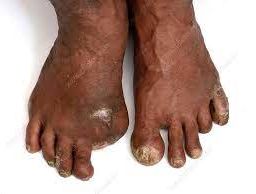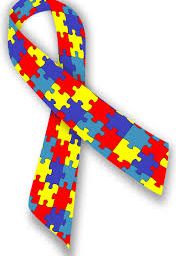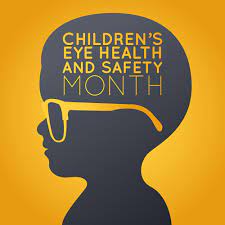
DAMA Explained: Navigating Discharge Against Medical Advice

Discharge against medical advice occurs when a patient chooses to leave a healthcare facility before the treating physicians recommend. This decision can be influenced by various factors. Patients may feel a sense of frustration with the treatment process, dissatisfaction with care, financial constraints, a desire for a second opinion, or a desire to continue care elsewhere. While patients have the right to make decisions about their own healthcare, leaving against medical advice can have serious consequences.
Risks and Consequences Associated with DAMA:
Patients need to be aware of the risks associated with discharging against medical advice. These risks may include the exacerbation of their medical condition, delayed recovery, increased likelihood of hospital readmission, and, in severe cases, life-threatening complications. It is crucial for patients to engage in open and honest communication with their healthcare providers to fully grasp the potential ramifications of their decision.
- Incomplete Treatment: Patients who leave against medical advice may not have completed the prescribed treatment plan, leading to unresolved health issues or complications.
- Increased Health Risks: Depending on the severity of the condition, leaving against medical advice can expose patients to higher risks, particularly in cases of chronic illnesses or acute medical conditions.
- Legal Implications: Healthcare providers are often required to inform patients about the potential risks of leaving against medical advice and may ask them to sign a waiver acknowledging the decision. However, in certain situations, legal ramifications may arise if patients face adverse outcomes.
From a legal standpoint, patients have the right to make decisions about their own healthcare. However, healthcare providers also have a duty of care to ensure the well-being of their patients. When a patient decides to leave against medical advice, the healthcare provider may request a written acknowledgment of the potential risks and consequences. This document serves to protect the healthcare institution in case of adverse outcomes following the patient’s departure.
Healthcare providers play a vital role in preventing DAMA incidents by enhancing communication with patients. Clear and transparent communication about treatment plans, potential risks, and the importance of following medical advice can foster a stronger patient-provider relationship. When patients feel heard and respected, they are more likely to collaborate with their healthcare team in making decisions that align with their overall well-being.
Informed decision-making is at the core of healthcare autonomy. Patients contemplating DAMA should actively engage in conversations with their healthcare team to understand the reasoning behind the recommended course of treatment. This dialogue can help patients make informed decisions based on a comprehensive understanding of their condition, potential risks, and available alternatives.
Here are essential steps to DAMA:
- Patient Education: Healthcare providers must engage in open and transparent communication to ensure patients fully understand the risks associated with leaving against medical advice. Providing comprehensive information about the potential consequences can empower patients to make informed decisions.
- Exploring Alternatives: Collaborative decision-making involves exploring alternatives that address both the patient’s concerns and the medical team’s recommendations. This may involve finding alternative treatment plans, addressing financial concerns, or considering other options that align with the patient’s values.
- Post-Discharge Follow-up: Establishing a plan for post-discharge follow-up is crucial. This may involve scheduling appointments, providing written instructions, and ensuring that the patient has access to appropriate resources for continued care.

Discharging against medical advice is a complex issue that requires careful consideration from both patients and healthcare professionals. While patients have the right to make decisions about their own healthcare, it is crucial to be aware of the potential risks and consequences associated with DAMA. Open communication between patients and healthcare providers is key to ensuring that decisions are informed, and the best possible care is provided to promote positive health outcomes.
Disclaimer: The information provided in this content is for general informational purposes only. It is not intended as medical or healthcare advice, diagnosis, or treatment. Always seek the advice of a qualified healthcare professional with any questions you may have regarding a medical condition or healthcare decisions.
















